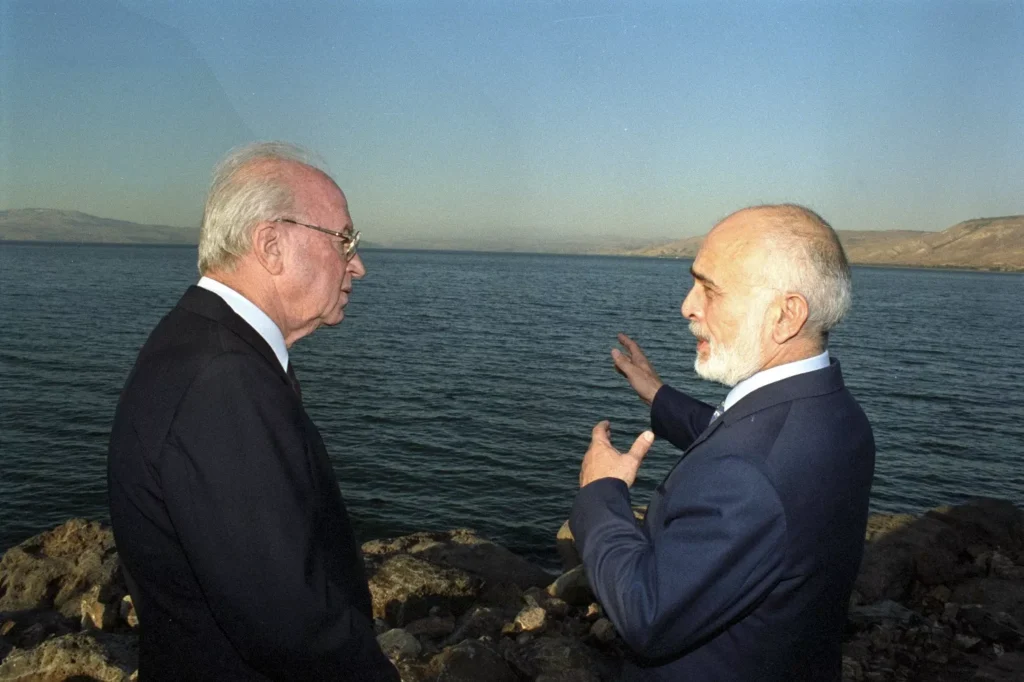Twenty-five years after the signing of the Jordan-Israel peace treaty, the bilateral relationship is in a challenging phase, but nothing should obscure the crucial benefits strategic and security cooperation affords to both sides, and the centrality of the relations to each side’s national security.









